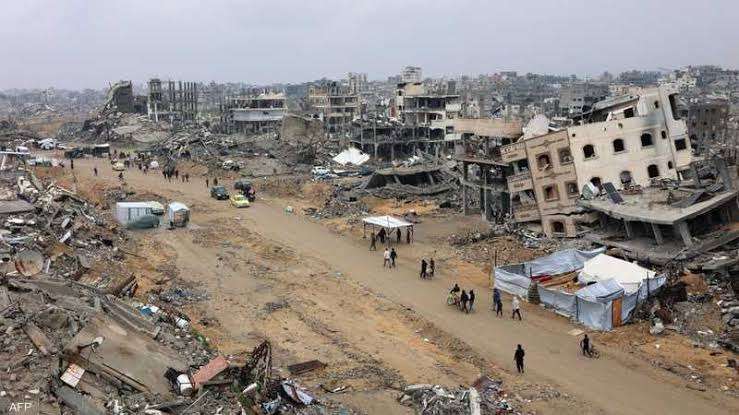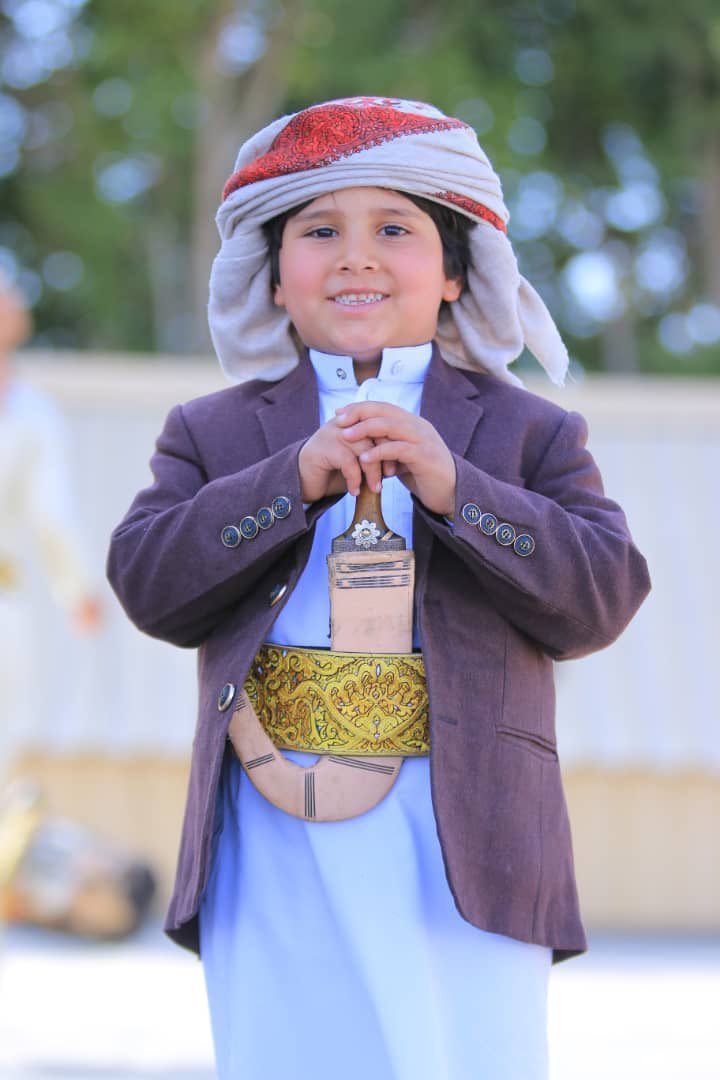
With the approach of the Cairo Summit to discuss the Palestinian issue and the reconstruction of Gaza, Arab leaders find themselves facing three main scenarios to make decisive decisions that determine the future of Gaza and the fate of the Palestinians the day after the cessation of the war. The dilemma is no longer limited to reconstruction only but also includes the political and administrative arrangements that ensure the stability of the sector and prevent the recurrence of the devastating conflict.
From the American side, it seems that the Trump administration is adopting a more stringent approach, as it recently stated the necessity of displacing Palestinians from Gaza as a “solution” to ensure regional security, which reflects its traditional position biased towards Israel and complicates any Arab efforts to find an independent solution for the sector.
This American position raises great concerns in Arab and international circles, given the disastrous consequences it carries for the Palestinians and the entire region, especially in light of the widespread international rejection of forced displacement policies.
The first scenario involves adopting a comprehensive regional solution led by Arabs, aiming to place Gaza under temporary Arab administration, which may include Egypt and perhaps some Gulf states, in coordination with the Palestinian Authority. In this scenario, a transitional body would be established to administer the Strip, which would undertake reconstruction operations, organize basic services, and reorganize the security situation in a way that prevents the recurrence of the conflict.
This body could also work to pave the way for comprehensive Palestinian elections to be held later, so that Gaza would be part of a unified Palestinian entity.
This temporary administration would work to restructure institutions within the Strip, ensure the regular provision of health and education services, and rehabilitate infrastructure damaged by the war. It would also undertake the tasks of securing the crossings and ensuring the flow of humanitarian aid, while imposing strict control to prevent the infiltration of any elements that might contribute to destabilization.
It is expected that the contributing Arab states would have different roles, as Egypt could handle security aspects, while the Gulf states would contribute to financing and reconstruction. This option requires Arab and international consensus, as well as internal Palestinian acceptance, which may be difficult in light of the differences between the factions.
Israel may not view this scenario favorably, as it strengthens the Arab role in Gaza and limits its influence there. In addition, the success of this scenario depends on the Arabs’ ability to impose a unified vision and work to reduce external interventions that may hinder this solution. Ultimately, this scenario remains a realistic option, but it is fraught with challenges that require active diplomacy and strong political will.
As for the second scenario, it is to support the restructuring of the Palestinian Authority and grant it full control over Gaza after reaching internal understandings with the various factions, including Hamas. In this framework, the security services are integrated into a unified framework under the supervision of the Authority, and the administrative institutions are unified, with an Arab and international commitment to provide financial and logistical support to ensure the success of this transition.
One of the main pillars of this scenario is rebuilding trust between the various Palestinian factions, which requires intensive efforts from regional and international mediators, especially Egypt and the United Nations. This proposal also requires providing guarantees that the faction leaders will not be targeted or excluded from the political scene, which necessitates establishing a joint governance mechanism for a transitional period.
This scenario depends primarily on the ability of the Palestinian Authority to impose its effective control over the Strip, which is doubtful, especially in light of the deep differences between the West Bank and Gaza, and the lack of trust between the Palestinian parties.
In addition, Hamas’s acceptance of this proposal may be conditional on effective participation in governance, which may not be acceptable to Israel or some regional powers. Moreover, this solution faces obstacles related to the extent of the international community’s ability to commit to funding reconstruction, and to ensuring that Israel does not obstruct any efforts aimed at strengthening the Palestinian Authority’s control over the Strip.
The third scenario, which may be the most complex, is to impose an international solution under the auspices of the United Nations, whereby international peacekeeping forces are deployed to oversee the administration of Gaza for a transitional period, during which the Strip is rebuilt, and the political conditions are prepared to find a comprehensive Palestinian settlement.
In this scenario, the infrastructure is rehabilitated, security guarantees are provided to prevent the outbreak of new confrontations, while the way is opened for an internal Palestinian dialogue under international auspices to reach an agreement on the future of governance in Gaza.
This scenario also includes international supervision of the rehabilitation of civilian institutions in Gaza, ensuring the distribution of aid, and preventing the use of resources in any military activities that may lead to a renewal of the conflict.
It could also contribute to reactivating the peace process between the Palestinians and the Israelis through an international mechanism that ensures the implementation of any understandings reached.
However, this option faces several obstacles, most notably the rejection by some Palestinian forces of any direct international intervention in Palestinian affairs, and Israel may refuse to deploy international forces near its borders, preferring to keep Gaza under siege or in a state of instability that keeps it weak and unable to pose a security threat.
Moreover, any international intervention will require consensus among the major powers, which may be difficult to achieve in light of global political tensions. Each of these scenarios carries its own challenges, and the optimal choice remains linked to the extent of the Arabs’ ability to unify their positions and make bold decisions that go beyond narrow political calculations.
The main challenge lies in reaching a solution that spares Gaza further destruction, establishes a new phase of stability and development, and ensures that the Palestinian issue is not exploited in regional conflicts. The question remains: Will the Cairo Summit be able to overcome Arab differences and present a unified vision to save Gaza and its future?
Hasan Dajah is professor of Strategic Studies at Al-Hussein Bin Talal University








